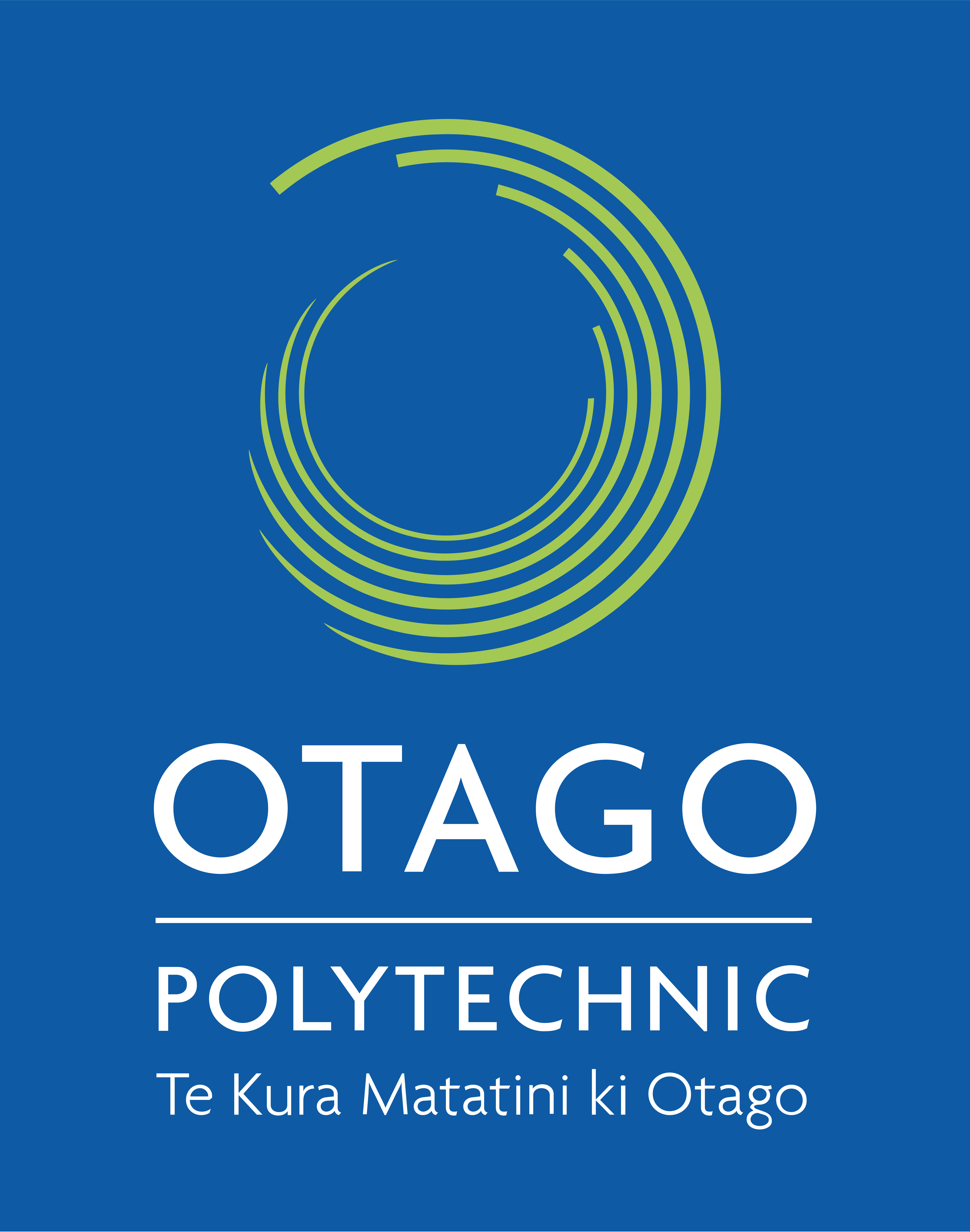Study Horticulture Abroad: A Gateway to Global Green Careers
Unlock the world of plant science and sustainable agriculture with a degree in Horticulture. Ideal for Indian students passionate about agriculture, environmental conservation, and innovation in food production, studying Horticulture abroad offers cutting-edge education and international exposure.
What is Horticulture?
Horticulture is the science and art of cultivating plants, focusing on fruits, vegetables, flowers, ornamentals, and landscape design. It combines biology, chemistry, soil science, and business management to improve plant growth, quality, and yield. Unlike broad agriculture, Horticulture emphasizes high-value crops and aesthetic applications, making it perfect for those interested in sustainable farming, urban greening, and agribusiness.
For Indian students, Horticulture aligns with India's rich agricultural heritage. With over 50% of India's workforce in agriculture, expertise in horticulture can address challenges like climate change, water scarcity, and food security. Studying abroad equips you with global techniques to enhance India's floriculture, fruit exports, and organic farming sectors.
Why Choose Horticulture Abroad as an Indian Student?
India's horticulture industry is booming, valued at over $30 billion annually, but global standards demand advanced skills. Abroad, you'll access state-of-the-art facilities, research opportunities, and networks that propel your career. Key benefits include:
- Advanced Research Facilities: Labs with hydroponics, tissue culture, and precision agriculture tools not widely available in India.
- International Exposure: Collaborate with diverse peers and experts, understanding global markets for Indian exports like mangoes, spices, and flowers.
- Sustainable Focus: Courses emphasize eco-friendly practices, vital for India's push towards green agriculture under initiatives like the National Horticulture Mission.
- Higher Employability: Graduates earn 20-50% more than domestic peers, with opportunities in multinational companies like Syngenta or Bayer.
- Cultural and Personal Growth: Adapt to new environments, improving language skills and resilience—essential for global careers.
Many programs offer internships on commercial farms, giving hands-on experience that complements India's practical farming knowledge.
Popular Destinations for Horticulture Studies
Choosing the right country depends on your goals—research, industry ties, or affordability. Here's a comparison of top destinations:
| Country | Key Strengths | Average Tuition (INR per year) | Post-Study Work Visa | Why for Indians? |
|---|---|---|---|---|
| USA | World-class universities like Cornell; focus on biotech and agribusiness. | 15-30 lakhs | OPT up to 3 years | Strong alumni networks in India; scholarships via Fulbright. |
| UK | Programs at Royal Horticultural Society; emphasis on landscape and sustainability. | 12-25 lakhs | Graduate Route: 2 years | Short courses; proximity to Europe for EU market insights. |
| Australia | Practical training at universities like University of Melbourne; arid farming expertise. | 15-28 lakhs | Post-Study Work: 2-4 years | Similar climate to India; high employability in Asia-Pacific. |
| Canada | Affordable options at University of Guelph; greenhouse tech focus. | 10-20 lakhs | PGWP: up to 3 years | Welcoming immigration policies; research in cold-climate horticulture applicable to Himalayas. |
| New Zealand | Innovation in kiwi and wine production at Massey University. | 12-22 lakhs | Post-Study Work: 1-3 years | Safe, nature-rich environment; export knowledge for Indian fruits. |
These countries host over 80% of international Horticulture students, with scholarships reducing costs by 30-50% for meritorious Indians.
Top Universities and Programs
Select programs based on your level—bachelor's for foundational knowledge or master's for specialization. Here's a curated list:
Bachelor's Degrees (3-4 Years)
- University of California, Davis (USA): BS in Plant Sciences – Horticulture track. Covers crop production, pest management. Tuition: ~25 lakhs/year.
- Wageningen University (Netherlands): BSc in Plant Sciences. Affordable EU option with strong sustainability focus.
- University of Reading (UK): BSc Horticulture. Includes field trips to Kew Gardens.
Master's Degrees (1-2 Years)
- Cornell University (USA): MS in Horticulture. Research in urban farming; ideal for PhD aspirants.
- Harper Adams University (UK): MSc in Horticulture. Business-oriented with 100% employability.
- University of Sydney (Australia): Master of Agriculture (Horticulture). Focus on precision tech like drones.
PhD options abound for research enthusiasts, often fully funded. Indian students can leverage ICAR (Indian Council of Agricultural Research) collaborations for joint programs.
Course Structure and Curriculum
Horticulture programs blend theory, lab work, and practicals. A typical bachelor's curriculum includes:
- Core Sciences (Year 1): Botany, soil chemistry, plant physiology. Understand how plants grow in diverse climates.
- Specialized Modules (Year 2): Fruit and vegetable production, floriculture, nursery management. Learn propagation techniques like grafting, relevant to Indian mango orchards.
- Advanced Topics (Year 3-4): Integrated pest management, post-harvest technology, landscape design. Includes electives in organic farming or biotech.
- Practical Components: Internships (200+ hours), thesis on topics like climate-resilient crops for India.
Master's programs dive deeper, with 60% research. Expect modules on:
- Sustainable Horticulture: Water-efficient irrigation, vital for India's drought-prone areas.
- Agribusiness: Marketing, supply chains for exporting Indian produce globally.
- Emerging Tech: GIS mapping, AI in crop monitoring.
Most programs are in English, with options for online/hybrid modes post-COVID.
Career Opportunities After Graduation
A Horticulture degree opens doors to dynamic roles. In India, demand is high in sectors like Reliance Retail's agri-division or government bodies like APEDA. Globally, expect salaries starting at INR 6-12 lakhs/year.
Key Career Paths:
- Agronomist/Farm Manager: Oversee commercial orchards; average salary: INR 8-15 lakhs.
- Landscape Architect: Design urban green spaces; booming in smart cities like those in India.
- Research Scientist: Work on GM crops at ICAR or abroad; PhD holders earn 20+ lakhs.
- Consultant/Entrepreneur: Advise on organic farms or start export businesses for Indian superfoods.
- Extension Officer: Bridge research and farmers, supported by schemes like PM-KISAN.
Post-study work visas allow 1-4 years of experience, easing return to India or settlement abroad. 70% of graduates secure jobs within 6 months.
Admission Requirements for Indian Students
Gaining admission is straightforward with preparation. Standard criteria:
- Academic Qualifications: 10+2 with 60%+ in Science (Biology/Physics/Chemistry). For master's, bachelor's in Agriculture/Horticulture with 55%+.
- English Proficiency: IELTS (6.0-7.0) or TOEFL (80-100). Some waive for Indian CBSE/ICSE students.
- Entrance Exams: GRE for USA master's; not always required elsewhere.
- Documents: SOP highlighting your passion (e.g., family farming background), LORs from teachers, CV.
- Deadlines: Apply 6-12 months in advance; fall intake (Sept) popular.
Costs include application fees (INR 5,000-20,000) and visa processing.
Scholarships and Funding Options
Funding eases the burden for Indian students. Explore:
- Government Scholarships: ICCR (Indian Council for Cultural Relations) covers full tuition for select countries.
- University-Specific: Cornell's Tata Scholarship (up to 50% waiver); Australia's Destination Australia (INR 2-5 lakhs/year).
- Private/International: Fulbright-Nehru for USA; Chevening for UK (full funding).
- Loans: Education loans from SBI or HDFC at 8-10% interest, repayable post-graduation.
Aim for scholarships by maintaining GPA above 3.0/4.0 and extracurriculars like NSS agriculture projects.
Visa and Application Tips
Secure a student visa early:
- USA (F-1): SEVIS fee + interview; show funds for 1 year.
- UK (Tier 4): CAS from university; TB test mandatory for Indians.
- Australia (Subclass 500): GTE statement; health insurance required.
Tips: Start with university counseling. Use agents like IDP for free guidance. Prepare finances—total cost: INR 20-50 lakhs for bachelor's.
Embark on Your Horticulture Journey Today
Studying Horticulture abroad isn't just education—it's a step towards sustainable futures. With India's horticulture exports targeting $10 billion by 2025, your global skills will make a real impact. Connect with our experts to tailor your application and turn your green dreams into reality.





